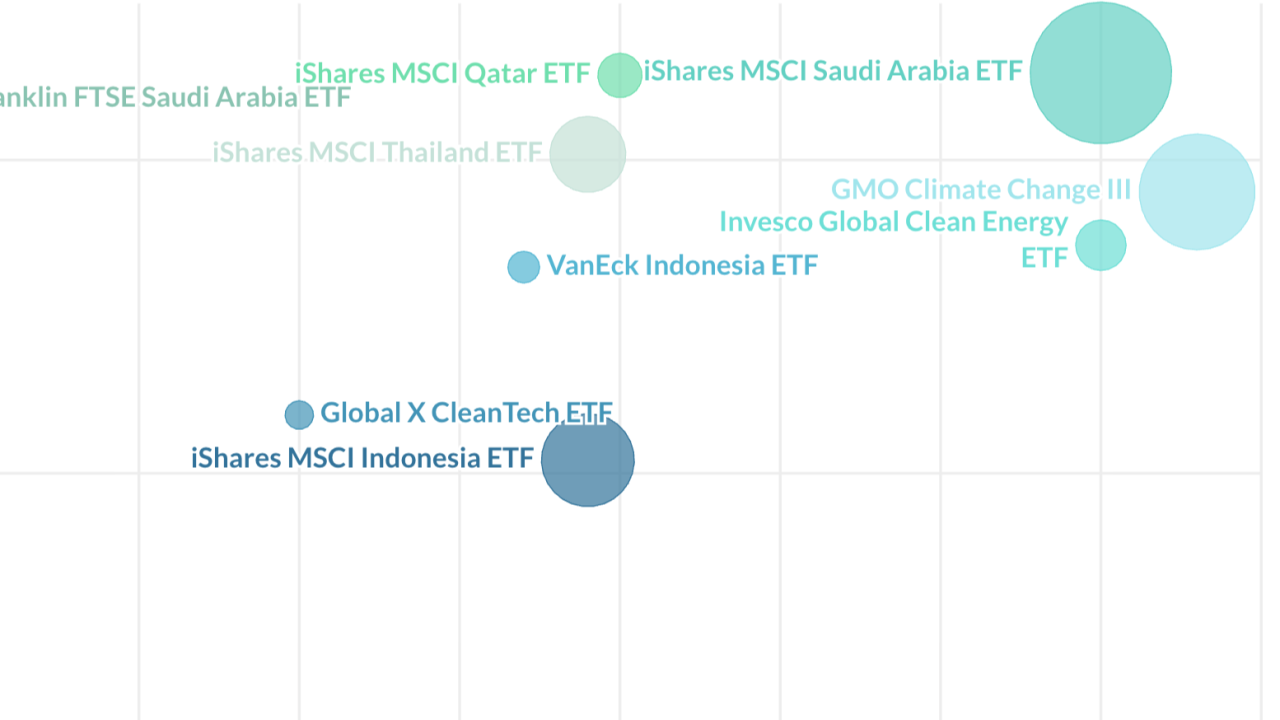Recruiter Don Dzurilla used to see quite a few resumes from portfolio managers come across his desk. These days, those executives are more content, it seems, to stick with their current jobs.
"I haven't gotten too many [resumes] recently," says the founder of Donald Dzurilla International of New York, which places high-level executives in the financial services industry. "I haven't seen much turnover on the portfolio side at all."
As the economy has slowed, the heady days of intense recruiting efforts for fund managers seem to have passed, industry observers say.
In recent years, with tech stocks exploding and hedge funds luring portfolio managers with lucrative compensation packages, management companies could do virtually nothing to bar the revolving door in their firms, said Christine Benz, a senior analyst at Morningstar. Now, portfolio managers face a new environment.
"I expect there will be a lot less movement than there was just a year or so ago," she said. "It's no longer a seller's market if you're in the business of money management, especially among growth managers."
A reprieve in the recruiting frenzy may mean relief for companies who rely on sharp managers to stick around, Benz said. Consistency among portfolio managers is a key indicator to analysts that the best is yet to come for successful funds, she said.
But companies such as Fidelity Investments of Boston, which have even recently seen some managers leave for new ventures, are generally reluctant to discuss the difficulties of retaining senior staff. And those, such as Dzurilla, who recruit for the financial sector say it is too early to tell what will happen in the next few quarters.
Fund managers will probably stay put this year because opportunities at companies offering alternative investment vehicles such as hedge funds have started to dry up, some recruiters and analysts say. Budgets are tightening and many firms are not growing at the rate they once were.
In better markets, a lot of portfolio managers, even though they were well-paid by managing funds at larger firms, set out on their own in order to get an equity stake in a new investment company, Dzurilla said.
However, "in the bad times, they might be reluctant to start their own thing," Dzurilla said.
Other managers, meanwhile, might be open to a move, but they're going to be more cautious, said Geoff Bobroff, president of Bobroff Consulting of E. Greenwich, R.I., which advises investment companies on strategy and products.
Portfolio managers may think, "I may have to hunt a little harder [because] people aren't standing in line to hire me," Bobroff said. But they are not refraining from looking elsewhere just because the markets have fallen, he said.
"One has to have more realistic horizons," he said.
There are, of course, exceptions. And, there are other contingencies that might keep the job market hot for portfolio managers, analysts and recruiters said.
Value-oriented funds, those that involve identifying stocks that are undervalued in the market, have become increasingly in vogue as growth funds have imploded, some analysts and recruiters said.
"I think that they could be the next area in hot demand," Benz said. "They could be the next fund managers that everyone wants, just as growth fund [managers] were in the late 1990s. It seems like if the value rally persists, there will be a shortage of value managers. The top managers, people will want to skim them and seduce them with higher paychecks."
George Wilbanks, managing director of the search firm Russsell Reynolds Associates of New York, said his firm has already been a part of at least three searches for value managers during last year's fourth quarter and this year's first.





